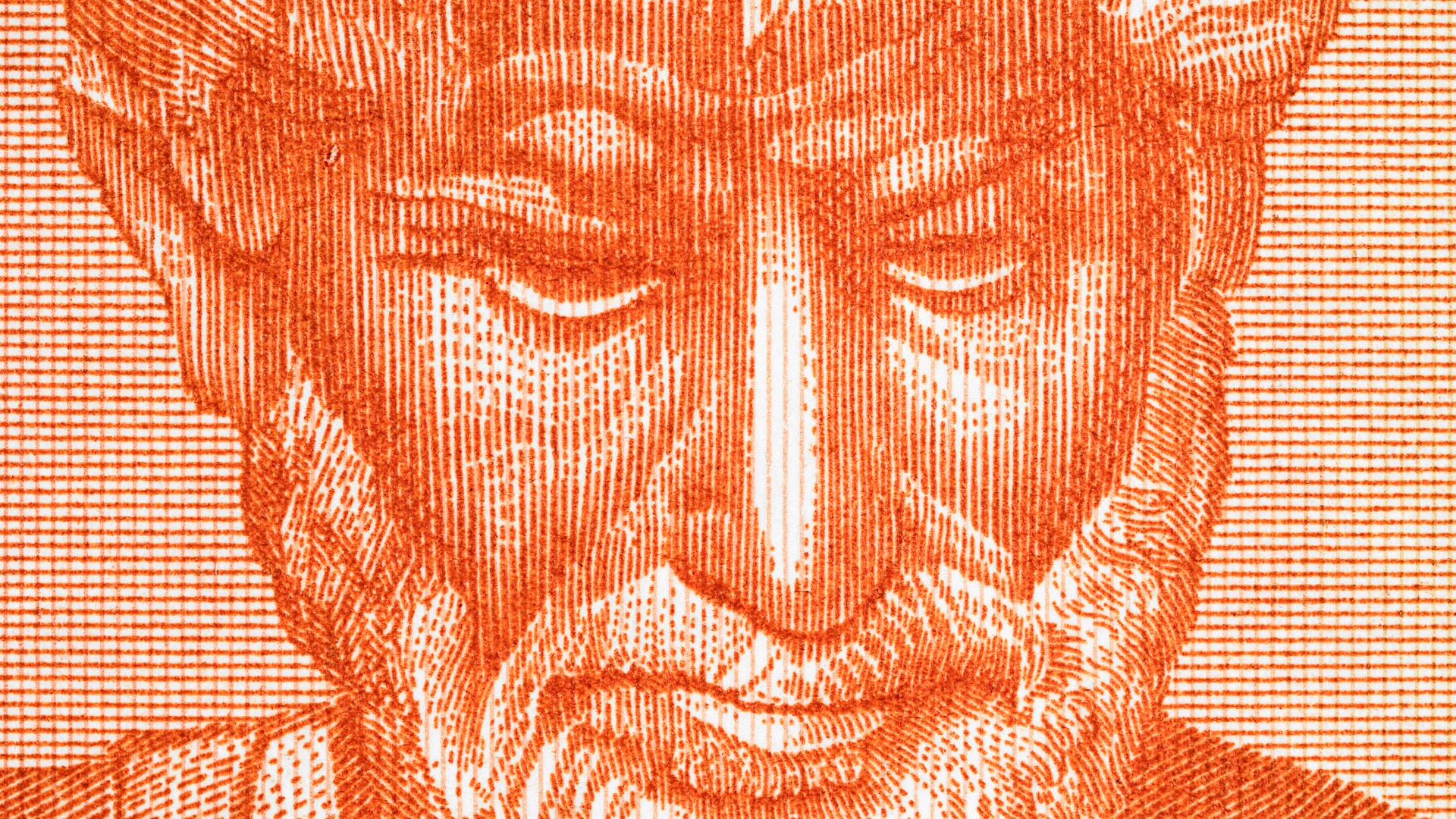Unlike Faulkner, the “Imperfect Birds” author doesn’t believe you should be willing to run over your grandmother for the sake of a great novel.
Question: Does arnsuccessful writing life require personal integrity?
rnrnAnne Lamott: Irndon’t think I could make that argument. rnIn that a lot of the writers I loved best have had disastrous rnlives,rnlives that were full of secrecy and lives that were about getting the rnsurfacernto look right and teaching at the right university and having the right rncrowdrnof friends and colleagues and contacts.... and I would say that I think,rn you know,rnthat’s a very interesting question. rnI think I could write about it much better than I could talk rnabout itrnoff the cuff. It’s the kind ofrnwriting I do. I’ve chosen to tryrnto be honest and to try to share my experience, strength, and hope, and rnwhatrnhappens is, I tell all this stuff and a lot of it is just genuinely not rnthatrninteresting. And my experience asrna writer is that you really do write seven and eight pages to find the rnparagraphrnyou were after all along. Andrnhonesty is not necessarily interesting. rnI don’t want to hear about your dreams or your acid trips, rnprobably...rnunless you make them really interesting. rnAnd if you have a voice and rnyou’ve developed the skill over the years in the same way a rnpianistrnwould develop the skills starting with the scales... if you’ve developedrn a way ofrntelling stories that draws me in and makes me trust you—like Spalding rnGray,rnsay, then he would tell stories that were not necessarily about very, rnvery farrnout stuff, but I would be riveted, but there’s another life, a very, rnveryrntragic life lived by one of the funniest storytellers in the last 20rnyears.
rnrnSo, honesty can be devastating, certainly to peoplern in yourrnfamily are not hoping that you’re going to be a writer who usesrnautobiographical material, who suddenly decides he or she is going to rntell therntruth of what family life was like in the early ‘60s, or during the rnEisenhowerrnyears. I have been somebody whornhas not written a great deal about the truth of my family’s life. I have not—I so have the goods onrnpeople. I so have the goodsrnon my closest friends, and I don’t use it because my closest friends arern morernimportant to me than anything. Irndon’t write about the intimate details of my cousins and aunts and rnuncles, andrnmy mother and my father... because it’s not right to, for me.
rnrnOther writers have and they do feel that, rnjust—Faulknerrnsaying that if you ran over your grandmother in the interest of writing arnbrilliant novel that threw the lights on for thousands and thousands of rnpeople,rnit’s a fair trade. I don’t feelrnthat.
Recorded April 6, 2010
rnInterviewed by Austin Allenrn





